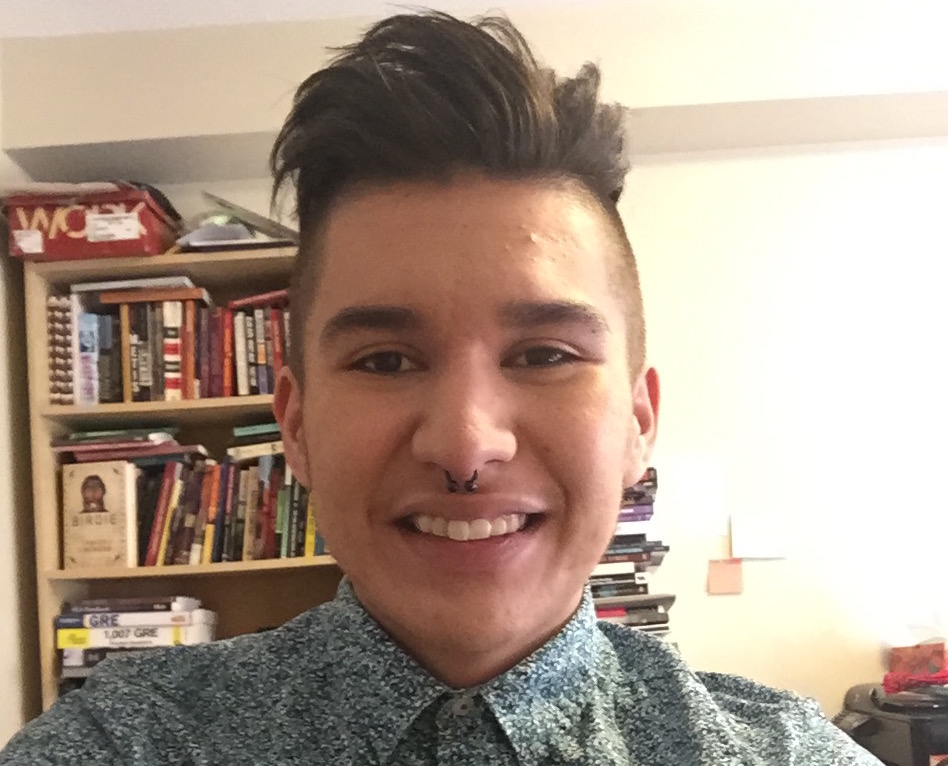rabble is expanding our Parliamentary Bureau and we need your help! Support us on Patreon today!
In the aftermath of being appointed a 2016 Rhodes Scholar-elect and in the wake of something of a media storm, I found myself crying, out of anger, frustration, and sadness, in the University of Alberta’s Aboriginal Student Council lounge. My story is indeed a spectacular one: the first-ever First Nations student in Canada to be awarded the world’s most prestigious academic scholarship. In a time of so-called reconciliation and in the face of ongoing dispossession — of lands, identities, and life — it is nice (to put it generously) to be able to turn to my story with open arms, so to speak. But, a staunchly violent present of settler colonialism doubles as the ideational context from which these stories emerge, and when the media wants to tell our stories some things and not others make them more palatable, readable, sensational.
In settler states like Canada — ones that repeatedly try to destroy those that point out their barely extant and unlawful forms of sovereignty — Indigenous peoples live in the spectre of violence. But, things get misinterpreted: Indigenous peoples are quickly collapsed into violence, as if that’s all we were, as if indigeneity were its own kind of death sentence. We know, however, that the state is the perpetrator, that colonialism is the perpetrator, and that Indigenous peoples are resisting and world-building as we speak. In fact, some of us are already on our way to the future; we’re conjuring an ethic needed to create a time-space in which violence against Indigenous peoples isn’t a survival tactic.
In a Metro Edmonton article titled “Edmonton student first-ever First Nations Rhodes scholar from Canada,” Andrea Ross wrote: “Belcourt is originally from the Driftpile First Nation, north of Edmonton. When he applied for the scholarship, he detailed his lived experience as an Indigenous person who faced family violence.” When I first read the piece, I thought, hopefully and perhaps naively, that readers would interpret this differently. I was wrong. I was inundated with concerned messages from friends, with angered phone calls from family members wanting the story redacted because they knew it was false. I knew it was false. It was a mess. I wanted time to still. I never once spoke the phrase “family violence.” In fact, I had informed Ross that my personal statement was about my own lived experience with violence — racism, in particular — and that of my family’s, by which I meant my grandfather’s experience as a Residential School survivor. I immediately contacted her, and she referred me to her editor, who then paternalistically spoke at me and refused to make the corrections. The story has now been changed, but only after friends, including Indigenous activists, intervened and urged the writer to do so. This, however, is not an isolated incident: everyone wants me to talk about violence. It’s as if the story only makes sense if it’s about Indigenous suffering. I don’t want to talk about violence anymore.
If you’re a journalist and would like to speak to me, here are a few tips:
- Violence should not be your lede. Indigenous suffering should not be your angle.
- I have much more interesting things to talk about. For example, I was a 2015 Iris Marion Young Diversity Scholar; I am a founding member of the U of A-based Indigenous Feminist Collective; I like to binge-watch Gilmore Girls in my spare time.
- There is so much at stake here. Please check with me before publishing anything potentially harmful, misleading, or stereotypical.
- And, lastly: give the story to an Indigenous journalist. If you don’t have Indigenous journalists, hire more Indigenous journalists.
* I’ve decided to hold off on all media coverage at this time.
This piece was originally published at Nakinisowin.wordpress.com, and is reprinted here with permission.
rabble is expanding our Parliamentary Bureau and we need your help! Support us on Patreon today!



